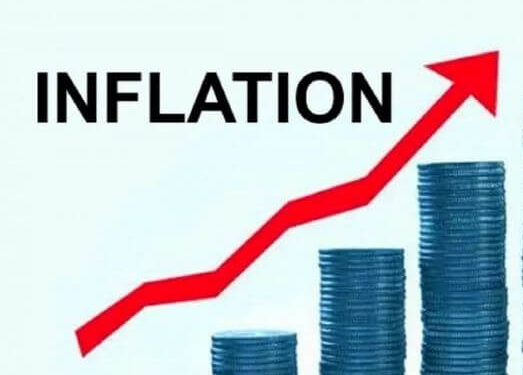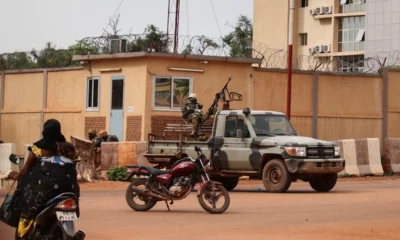Lagos State, Nigeria’s commercial capital, will commence a N50,000 palliative scheme to support 15,000 traders across the 57 local council development areas (LCDAs) in the state.
The state governor, Babajide Sanwo-Olu, disclosed this on Sunday during the launch of the new Food Agro Hub in Mushin, stating that the move was to cushion the effect of economic challenges, as well as empower small businesses in the state.
Many small businesses that rely on cheap petrol for business operations have been badly affected since the removal of the gasoline subsidy in May.
“Today, I launched a fresh palliative scheme in Lagos to support low-income traders. The Lagos Market Trader Money, in its first phase, will provide N50,000 in business grants to 15,000 traders across our 57 local councils. This initiative aims to cushion the impact of economic challenges and empower small businesses.
“I made this announcement at the commissioning of the middle-level Fresh Food Agro Hub in Mushin, expanding our food supply chain. This milestone facility signifies a turning point in Lagos’ food distribution system, paving the way for improved logistics and modernization of our markets,” Sanwo-Olu said.
Sanwo-Olu stated that merchants were essential to the state’s economic growth and that his administration placed a high premium on their well-being.
According to a World Food Programme report, unless appropriate action is immediately taken, the number of women, men, and children affected by a food and nutrition crisis in West and Central Africa is expected to reach a new record high in June 2022 – quadrupling in just three years from 10.7 million in 2019 to 41 million in 2022.
Multilateral body, the World Bank, recently warned that the recent coup d’état in the Niger Republic may complicate issues around Nigeria and other West African nations’ food markets, noting that “the coup d’état in Niger might put additional pressure on West African food markets.” Given its border city status and its population, Lagos State is strategic to food supply in Nigeria and the West Africa sub-region.
Nigeria is currently experiencing a worsening cost-of-living crisis, with the surge in food prices and November inflation hitting 28.20% for the eleventh consecutive month, the highest level in eighteen years.


 VenturesNow1 day ago
VenturesNow1 day ago
 Musings From Abroad1 day ago
Musings From Abroad1 day ago
 Metro1 day ago
Metro1 day ago
 Metro6 hours ago
Metro6 hours ago























